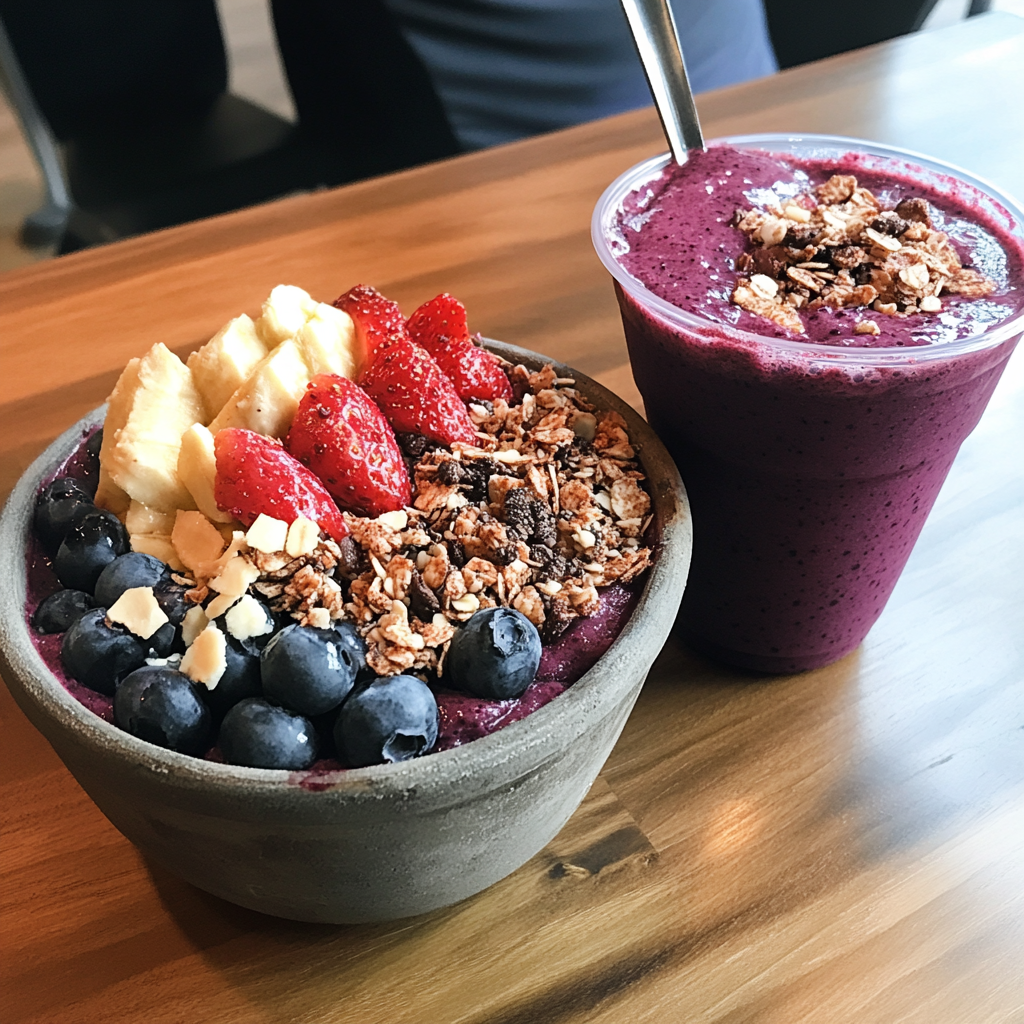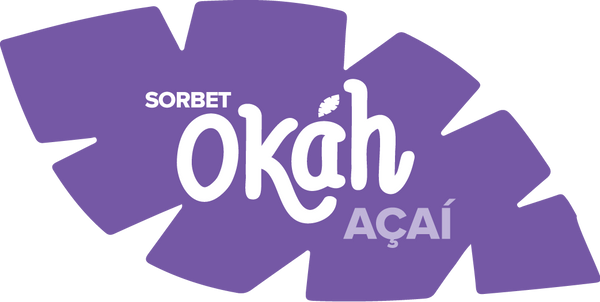
How do you pronounce açaí? Say it right every time!
Isn't it funny how some words just seem to trip us up? You hear them everywhere, you know exactly what they mean, but when it comes time to say them yourself, your tongue just gets a little tangled.
Think about "bruschetta" or "quinoa," or even certain names that look straightforward until you try to vocalise them. They’re common, yet their pronunciation remains a bit of a mystery for many.
Well, the name of that incredibly popular purple berry, now found in bowls and smoothies in cafes all over, falls right into that category. We see "açaí" written down constantly, but the question lingers for a lot of people: how do you pronounce “açaí?”
It’s a simple enough word, you’d think, just a few letters, but it causes surprising confusion. Don't worry, you're not alone if you've been saying it quietly or avoiding it altogether! Today, we're going to clear things up and make sure you can pronounce "açaí" correctly and confidently from now on.
How do you pronounce açaí? Breaking down the sounds
Let's cut straight to it and give you the answer you're looking for. The correct way to pronounce açaí is ah-sigh-EE. It’s a three-syllable word, and the stress – the part you give a little extra emphasis to – is right at the very end, on that last "EE" sound.

To understand why it sounds like that, it helps to know where the word comes from. "Açaí" is a word from the Portuguese language, spoken in Brazil, which is where this amazing berry is native to and traditionally consumed. So, we follow Portuguese pronunciation rules for this one.
And, speaking of the word itself, the actual meaning of the word "açaí" is connected to its origins and a local legend we've explored before. In short, the name "açaí" is said to be "Iaçá" (ee-ah-SAH) spelled backward, and, as the legend goes, a tribute to her memory and the life-saving fruit that grew where she passed away.
Right, back to the sounds! Why does "açaí" written down often look so different from how it sounds? Let's pick apart those specific letters that can cause confusion for English speakers.
The first thing that usually catches people's eye is that little squiggle under the 'c' – the 'ç'. This is called a cedilla, a diacritical mark found in Portuguese, French, and more.
In Portuguese, when you see a 'c' with a cedilla ('ç') before the vowels 'a,’ 'o,’ or 'u,’ it softens the sound of the 'c.’ Instead of making a hard 'k' sound, it makes an 's' sound (similar to French’s “façade”). So, the 'ça' part of açaí sounds like 'sah.’
Now, in natural, quick Brazilian Portuguese, this 'sah' often softens slightly when followed by the 'í', which is why the most common phonetic breakdown we use is ah-sigh-EE, with that middle sound being more like an English "sigh."
Next, look at the vowels. The first 'a' in "açaí" is a softer 'a' sound. What about the ‘í,’ though? That accent mark (acute accent) over the 'i' tells you that this vowel is stressed and has a clear sound. In Portuguese, the 'i' in this position makes a long 'ee' sound, just like the 'ee' in the English words "see" or "tree."
So, let's put those sounds together again, slowly:
The first part is the 'a' → AH
The second part is the 'ça' → SIGH (or 'sah' that softens)
The third part is the 'í' → EE
Combine them: AH - SIGH - EE.
Remembering that stress on the final syllable (-EE) is essential for getting the pronunciation right, too!

Why it sounds tricky (common mistakes)
Given how the word is spelled and our natural tendency to apply the pronunciation rules of our own language (English, in this case), it’s completely understandable why "açaí" trips people up. It looks like it should be pronounced differently!
One of the most common mistakes is trying to give that 'c' a hard 'k' sound because it's followed by an 'a.’. So, you might hear people say "a-kay" or "ah-kay-ee." This happens because we don't have the cedilla in English, so our brains just read it as a regular 'c.’
Another frequent misstep is getting the vowel sounds wrong or putting the stress on the wrong syllable. People might say "a-sigh" (missing the final syllable), or "AS-sigh" (stressing the first part). All these little variations come from applying English vowel patterns or syllable stress rules where Portuguese ones apply.
That said, these mistakes aren't a big deal – it's a foreign word, after all!
Why is açaí trending among influencers?
Now that you know how to pronounce açaí, let’s quickly touch on why this berry is worth talking about in the first place! Açaí gained its fame primarily because of its fantastic reputation for health, often labelled a "superfood."
Why all the health buzz? Simply put, açaí is packed with good stuff. A main reason people love it is its high level of antioxidants. These powerful compounds are like little internal bodyguards, helping protect your body's cells from daily wear and tear. Açaí is especially rich in anthocyanins, the vibrant purple pigments known for strong antioxidant activity.
So, enjoying açaí means giving your cells some valuable support.

Another great thing about açaí, quite unusual for a fruit, is its content of healthy fats. Unlike most fruits, which are mainly sugar and carbs, açaí contains beneficial fatty acids like Omega-3, -6, and -9. These "good fats" are vital for energy and helping you feel full and satisfied. Including these in your diet helps provide sustained energy, avoiding quick sugar spikes.
Plus, açaí provides a good amount of fibre, essential for healthy digestion, and helps you feel comfortably full for longer. So, the fibre in açaí contributes to good gut health and satiety.
When you combine these elements (powerful antioxidants, as well as a good dose of healthy fats and fibres), it’s dead easy to see why we consider açaí a superfood. Yep, this is also why it’s so popular among healthy foods and fitness influencers!
So - how do you pronounce açaí?
Easy! It's ah-sigh-EE, with that lovely stress on the final syllable, a nod to its Brazilian Portuguese roots. It might look a little tricky on paper, but once you break down the sounds and understand that little cedilla, it's really quite simple and smooth to say.
Knowing the correct pronunciation is a nice little piece of knowledge to have, a small connection to the fruit's origins. And now you also know there's a lot more to açaí than just saying its name right – it's a fruit packed with history, cultural meaning, and impressive health benefits thanks to its antioxidants, healthy fats, and fibres.
Ready to bring the true taste and benefits of authentic açaí into your life, now that you can say its name with confidence? Finding the right place to get high-quality açaí in the UK is your next step to enjoying this amazing fruit by yourself.

Check out the range of authentic frozen açaí pulp available from Okah Superfoods. It's sourced with care, perfect for blending up delicious, nutrient-packed bowls and smoothies. Now go practice saying "açaí" while you blend our delicious pulp into gorgeous, eye-watering bowls!



